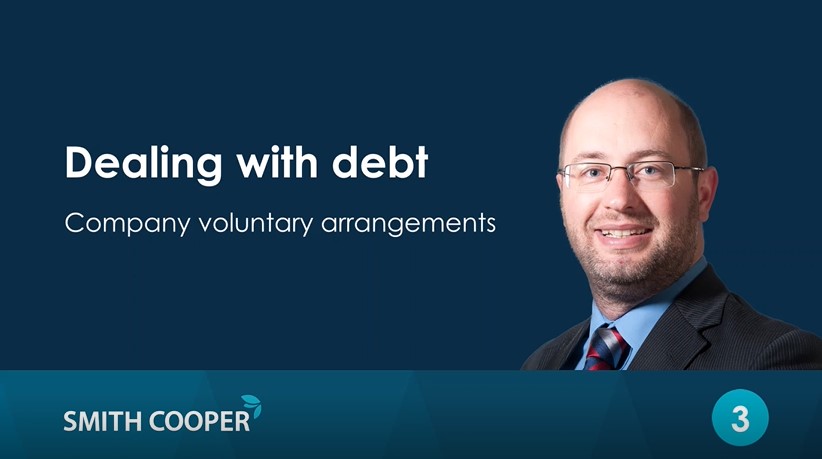A CVA is a legally binding compromise agreement between a company and its creditors, in relation to its debts, which is based on a proposal that a minimum of 75% of the company’s creditors must agree to by way of a vote.
Creditors are then legally bound by the terms of the arrangement, including those who did not vote. This process provides for a structure for the Company’s debts to be repaid over a fixed period of time, via monthly contributions to the supervisor.
Alternatively, the company can sell assets to repay creditors from the proceeds. Whatever agreement is chosen, all parties are contractually bound to adhere to the agreed terms.
CVAs are often used by companies that are struggling financially, due to a debt burden, but ultimately remain viable businesses; they just need protection and time to trade out of their current difficulties.
Creditors are usually supportive of a CVA, as it normally means that they recover more money than they would do if the company was to be placed into liquidation.
The appointed insolvency practitioner must satisfy themselves that the company is viable and is suitable to enter into this arrangement.
Forecasts are prepared to support this view and to ensure the company can meet the terms of the CVA.
Benefits of a CVA:
- Flexible and provides a company with binding protection from its creditors
- Company carries on trading and can be restructured to improve profitability
- Costs can be reduced, including ending employment contracts and leases
- Debt repayments are consolidated into one monthly payment
- Provides creditors with a better outcome than they would get in a liquidation scenario
- Private contract/relationship with the company’s creditors and avoids necessity to advertise, as happens in an administration
- Company retains its tax benefits
The timescales for implementation of the CVA arrangement normally amount to six to eight weeks on average from the initial contact with the insolvency practitioner.
A CVA has the least stigma of any insolvency process, and, ultimately, if the arrangement is successful, the company’s undertaking remains.
Watch our video below where Partner and licensed Insolvency Practitioner Michael Roome explains more about CVAs. This video is part of our wider Dealing with Company Debt video series, which can be viewed on our YouTube channel.
Dean Nelson, Nicholas Lee, Michael Roome and Andrew Stevens are all licensed in the United Kingdom to act as Insolvency Practitioners by the Institute of Chartered Accountants in England and Wales. Brett Barton is licensed by the Insolvency Practitioners Association to act as an insolvency practitioner. They are bound by the Insolvency Code of Ethics which can be found here.
When acting as Receivers or Administrative Receivers, they act as agents only, without personal liability. In an Administrator role, the affairs, business, and property of the company are managed solely by them.
During appointments, they are Data Controllers of personal data as defined by the Data Protection Act 1998 and the General Data Protection Regulations 2018. PKF Smith Cooper act as Data Processor on their instructions. Personal data is kept secure and processed only for matters relating to the appointments that they take. For further details, see the firm’s Privacy Policy.





